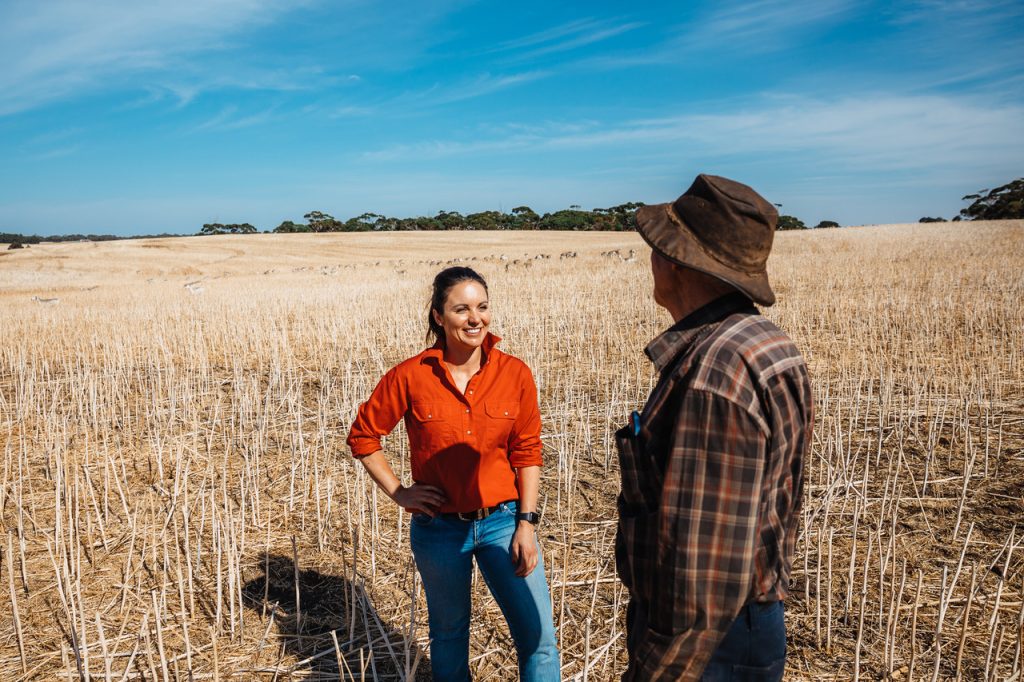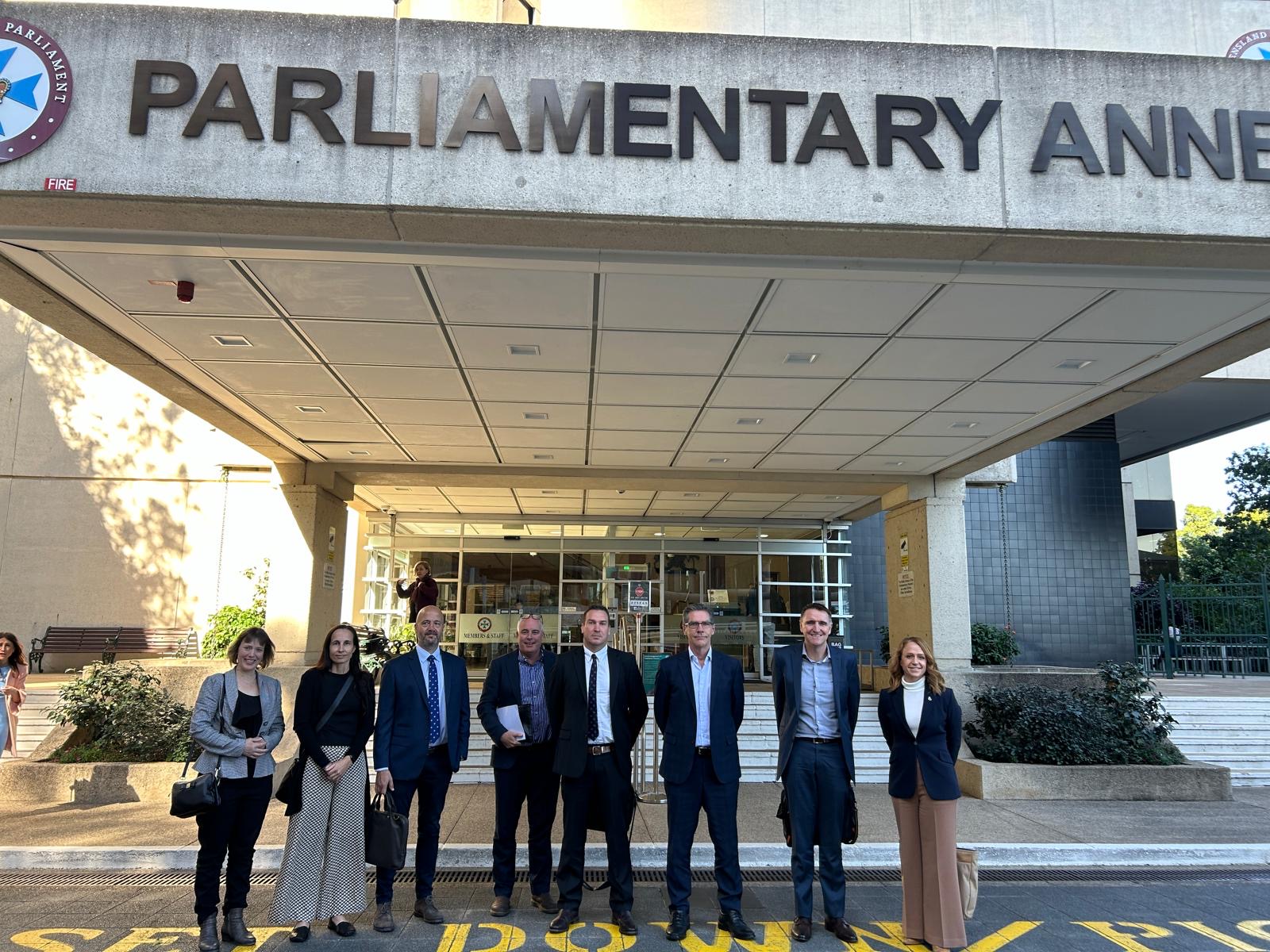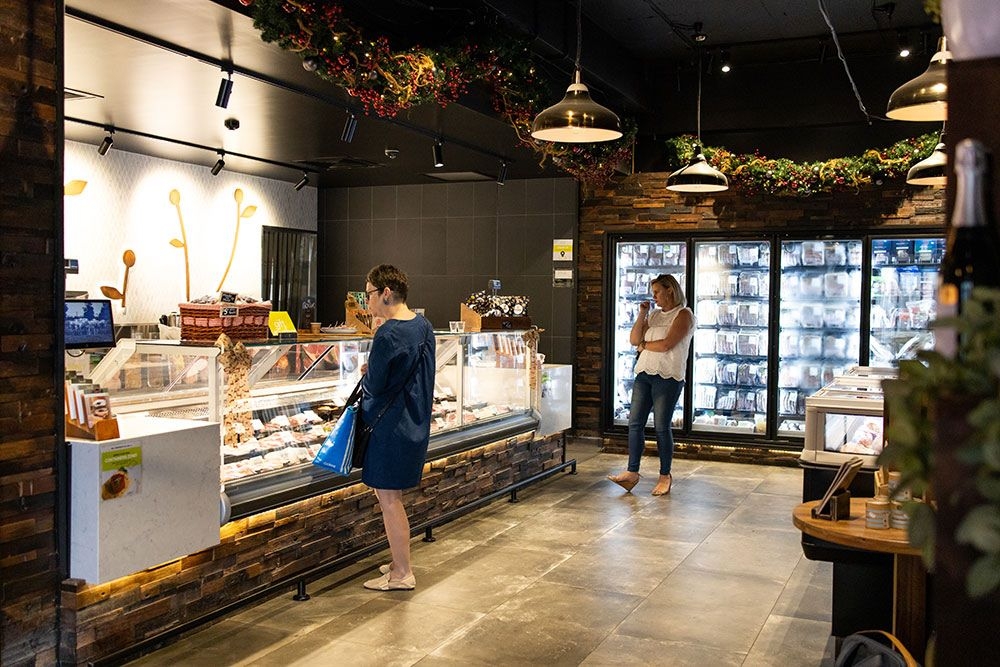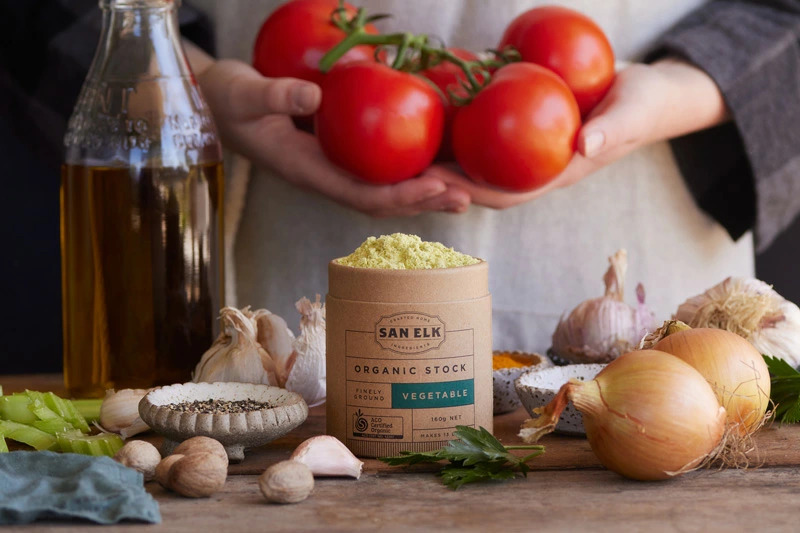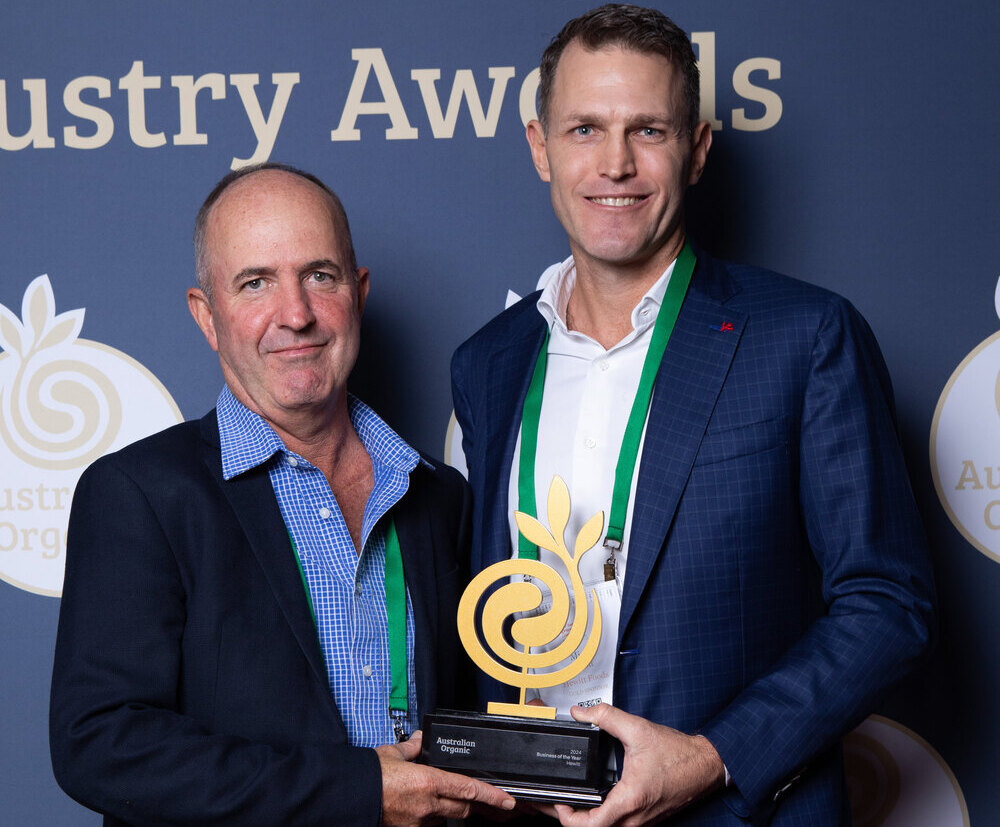Each year, National Farm Safety Week raises awareness of farm safety issues across Australia. This year, the national campaign is themed ‘Farming for a Future’ and focuses on forward planning and mitigating potential future risks – something which has been brought to light with recent bushfires, floods and now the COVID-19 outbreak.
Supporting this year’s campaign and spreading the word about farm safety is Alex Thomas; Director and Principal Consultant of her own work health and safety consultancy, Alex Thomas Pty Ltd.
With over 14 years’ experience in work health and safety across a range of different sectors, Alex is passionate about the health, safety and wellbeing of rural men and women, utilising knowledge gained from working with over 100 different businesses. Alex has been formally endorsed by the Executive Director of SafeWork SA for her approach to assisting industry and was also the recipient of the 2018 AgriFuturesTM Rural Women’s Award (SA), the 2018 SafeWork SA Augusta Zadow Award, and the 2019 Seafood Industry Safety Award (SA) for her work in rural health and safety.
A “school of the air kid” growing up on a sheep station in the North East Pastoral of South Australia, Alex’s roots are firmly set in agriculture. During her childhood, the station experienced several severe droughts, followed by a series of events that left her caring for her father in different capacities since the age of 15. This would become the catalyst for her future career.
“My Dad contracted Q fever from his work with feral goats. He was then later diagnosed with Ross River virus and diabetes, heart failure and kidney failure. That, coupled with the stress of drought and later divorce, meant that he was rendered permanently disabled at the age of 56. The sale of the station and the deterioration of his health was the catalyst for why I’m so passionate about health and safety, particularly in rural industries.”
With health and safety experience not only agriculture, but in mining, construction and oil and gas, Alex’s focus has always been on the people behind the numbers, specialising in “recalibrating the value proposition of health and safety from box-ticking to reducing risk and empowering people, so that at the end of the day, people don’t get hurt.”
National Farm Safety Week provides an opportunity to open discussions about health and safety in rural communities and reinforce the message to ‘be aware and assess the risk’. The agricultural industry has consistently been one of the worst performing from a health and safety perspective, with on-farm death and injury proving a major problem for farming in Australia (Farmsafe Australia Inc.) highlighting the importance of risk awareness on farms and farming operations.
Despite this, there has been a significant reduction of on-farm injury related deaths over the past 20 years, as reported by Farmsafe Australia Inc., meaning that the industry is making progress in the right direction.
Reinforcing a more positive narrative is something that Alex advocates to support and acknowledge farmers’ efforts towards mitigating risk; “Being constantly bombarded with negative statistics can be dis-empowering for people in rural industries and communities, because they genuinely care so much for their people. Nobody goes to work on any given day wanting to hurt themselves or another person. I’m keen to see the narrative flipped from the negative to spreading the word on the positive – shining a spotlight on the practical solutions that rural men and women implement to preserve the health and safety of their people.
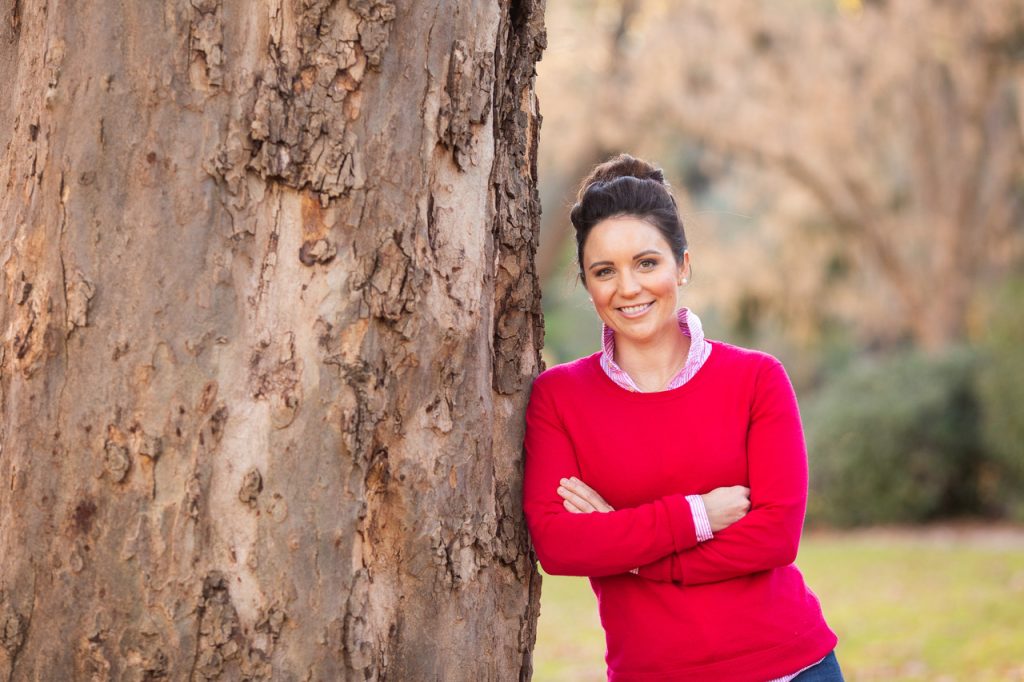
“There are a lot of farmers making smart, safe and healthy choices on a day to day basis, but as a society we’re not good at acknowledging that fact. Part of the work that I do is about supporting and encouraging farmers and fishers to take a proactive, preventative approach to health and safety, rather than being constantly disheartened by the stigma that they’re ‘doing it wrong’.”
Alex also adds that health and safety in agriculture often suffers from over-administration; a relentless focus on policies, procedures and penalties which, at the end of the day, doesn’t necessarily constitute safer choices.
“Most of the time the people spruiking those messages have never worked on a farm, and don’t understand the highly variable nature of the work being done. They don’t appreciate the innate care that farmers have for their people and they often have little knowledge of the practical things that farmers do to manage risk.”
She believes this heavy gearing towards bureaucracy is both the legacy left by superseded legislation and a flow-on effect from industries dominated by big corporates such as mining, construction and oil and gas. Since agriculture is largely comprised of small family businesses, the compliance narrative needs to be re-adjusted.
“It’s not to suggest that there isn’t room for improvement, and I think raising awareness on the topic in a way that makes sense to farmers is incredibly important.”
Starting the conversation about work health and safety doesn’t have to be difficult. Alex suggests brainstorming a list of the top ten things that could seriously injure or kill a person on farm, and then making a to-do list of all the practical things you and your team can put in place to prevent that from happening. Instead of focusing on ‘ticking a box’ as a way of trying to become ‘compliant’, she says that it’s even more important to keep the conversation about risk alive amongst those living and working on the property.
“You might be sitting around the kitchen table or gathering around the back of the ute, or even in the stockyards at smoko time… whatever the case, never underestimate the value in having a conversation about what could go wrong, how it could go wrong and what are you’re going to do about it.”
For most farmers, health and safety is about common sense. For Alex, it’s about making common sense not just assumed, but explicit. Things such as making sure you have a UHF radio with you at all times, putting protective guards in place and making sure that new employees are aware of the risks on the farm. Simple things, that can often get forgotten during day-to-day work activities.
As Alex explains, reducing risk differs from workplace to workplace; “The ways in which one farm might choose to reduce a risk may be completely different to that of another. Risk is highly subjective.”
Alex is also the founder of The #PlantASeedForSafety Project – an initiative that recognises the unique role that women play in rural communities and workplaces. In addition to a social media campaign, the project aims to profile the stories of 100+ rural women from across Australia and New Zealand to both engage and empower them to have conversations about health and safety.
“#PlantASeedForSafety is about celebrating and acknowledging the enormous contribution that women make to rural industries and communities, and the practical improvements they either make or influence to the health and safety of those around them,” Alex comments, “Since there is no delineation between what’s considered ‘home’ and what’s considered ‘work’ in agriculture – even if women aren’t working in the paddock, they have a direct influence on the choices the people around them make on a day-to-day basis.
“Women are incredibly influential – even if they don’t realise it. The fresh perspective and diversity of thought that women bring to the table when it comes to health and safety holds immense value, which is often ignored, and it shouldn’t be.”
For women working in the work health and safety profession in agriculture, Alex advises them to remain connected to the cause and to challenge their assumptions about work health and safety.
“‘Compliance’ with work health and safety legislation has become detached from its overarching intent, which at its very core, is to do your best to prevent someone from getting hurt. Don’t believe everything you hear about work health and safety – there is a myriad of alternate approaches out there that don’t require the adoption of paperwork, and there is no substitute for good leadership, effective communication and a genuine effort to reduce risk. Often, being influential in this space is seldom about having all the answers, but in simply asking good questions.”
Photo Credits:
Robert Lang Photography
Jack Of Hearts Photography
